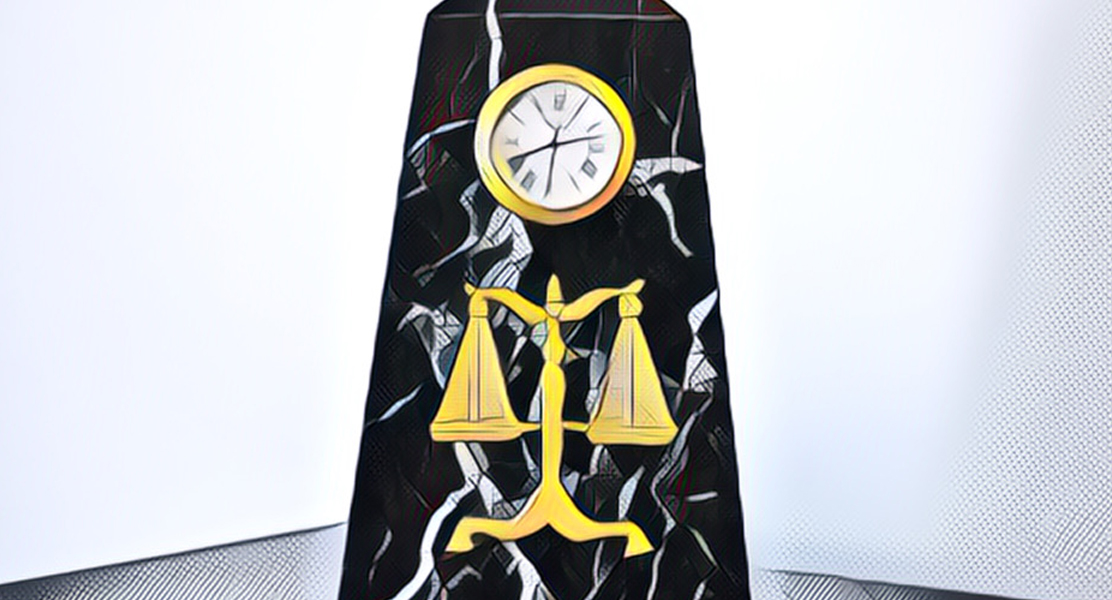A pair of Supreme Court decisions we’re waiting for as the term winds down

For some, the month of June means cookouts, beach trips, Pride festivals and outdoor concerts. For legal nerds like me, it also means waiting for the U.S. Supreme Court to issue its most anticipated decisions of the term, which concludes at the end of the month.
More than a dozen cases remain undecided, including not one but two cases with issues related to religious liberty. Here is a brief description about each case and what to look for as decisions are issued:
Groff v. DeJoy involves a part-time mail carrier for the U.S. Postal Service, Gerald Groff, who was denied a religious accommodation not to work on his Sabbath, which is Sunday. The 3rd U.S. Circuit Court of Appeals ruled that USPS could refuse his request because allowing him to not work Sundays negatively impacted other employees and thus would amount to an “undue hardship” on the business under Title VII of the Civil Rights Act. The Appeals Court cited a controversial 1977 case, Trans World Airlines v. Hardison, which established the definition of “undue hardship” as anything more than a trivial or minimal cost to the business.
BJC joined a brief asking the Court to overturn Hardison and impose a higher standard for proving an “undue hardship.” In a Respecting Religion podcast, Amanda Tyler and Holly Hollman explained why the existing standard is too low.
The Court heard oral arguments in April, and Amanda and Holly released a follow-up podcast focused on what we heard in the arguments.
303 Creative LLC v. Elenis is a case brought by a Colorado website designer who wishes to create wedding-related websites, but she does not want to make them for same-sex marriages because of her religious belief that they are “false.” She is asking the Supreme Court to overturn – on Free Speech grounds – a court ruling that found her refusal would run afoul of Colorado’s Anti-Discrimination law, which prohibits businesses that are open to the public from discriminating against customers on the basis of race, religion, gender, or sexual orientation.
As I wrote back in December following oral arguments:
Even though this is not a religious liberty matter (the plaintiff initially claimed her Free Exercise rights were violated, but that claim was rejected by the appeals court and specifically not taken up by the Supreme Court), there are significant reasons for religious liberty advocates to care about how this case is decided. For starters, religious speech should be protected; but so, too, should the right to access the public marketplace without being discriminated against because of one’s faith. This is a delicate balancing act – with liberty interests on both sides – that requires a carefully crafted legal framework. How the Court decides the case may be as important as which side it lands on.
Amanda and Holly also discussed this case on an episode of the Respecting Religion podcast.
Decisions are expected before the end of June. Stay tuned.




